Our team
Leadership and management team
Guy Jobbins, SPARC Executive Director, Cowater
 Guy has over 25 years’ experience working on issues of climate resilience, natural resources, and rural livelihoods in management, research, and technical assistance roles. Recent work has included leading an evaluation of the UK’s official development assistance to agriculture, advising FCDO country offices on mainstreaming climate action in development programmes, and supporting Jordanian and Lebanese government ministries in developing their drought risk management capabilities. He was previously a Senior Research Fellow in Water Policy at ODI, Senior Programme Officer with IDRC’s Climate Change Adaptation in Africa Programme, and spent several years working in Egypt’s Environmental Affairs Agency and national park service.
Guy has over 25 years’ experience working on issues of climate resilience, natural resources, and rural livelihoods in management, research, and technical assistance roles. Recent work has included leading an evaluation of the UK’s official development assistance to agriculture, advising FCDO country offices on mainstreaming climate action in development programmes, and supporting Jordanian and Lebanese government ministries in developing their drought risk management capabilities. He was previously a Senior Research Fellow in Water Policy at ODI, Senior Programme Officer with IDRC’s Climate Change Adaptation in Africa Programme, and spent several years working in Egypt’s Environmental Affairs Agency and national park service.
Mauricio Vazquez, Research Lead, ODI Global
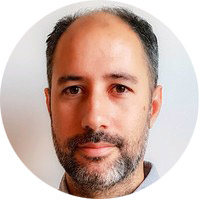
Mauricio is the Head of Strategic Partnerships for the Global Risks and Resilience programme at ODI Global, where he designs and works across different multi-stakeholder initiatives to build resilience and drive sustainable change in complex settings. Before SPARC, Mauricio served as the Knowledge Manager of the Building Resilience and Adaptation to Climate Extremes and Disasters (BRACED) knowledge and policy hub at ODI Global.
Rupsha Banerjee, Consortium Management Committee, ILRI
 Rupsha R. Banerjee is a Senior Scientist at ILRI with over 15 years’ experience working in Asia and Africa, in evidence-based research to stimulate innovation for development, recognise institutional needs and designs for emerging markets and assess their influence in policy, agricultural transformation and decision making in households and livelihoods. She currently leads an agenda for scaling-out drought risk financing index insurance solutions for livestock, including use of digital information for service delivery in the drylands of the Horn of Africa.
Rupsha R. Banerjee is a Senior Scientist at ILRI with over 15 years’ experience working in Asia and Africa, in evidence-based research to stimulate innovation for development, recognise institutional needs and designs for emerging markets and assess their influence in policy, agricultural transformation and decision making in households and livelihoods. She currently leads an agenda for scaling-out drought risk financing index insurance solutions for livestock, including use of digital information for service delivery in the drylands of the Horn of Africa.
Carmen Jaquez, Consortium Management Committee, Mercy Corps
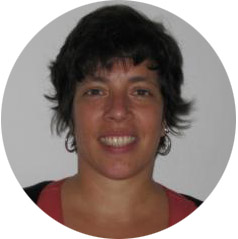
Carmen is a livelihood and market systems expert at Mercy Corps who specialises in dairy and livestock economies in pastoralist, agro-pastoralist and peri-urban production systems and marketsheds. She has worked in livestock and agriculture systems (production, input and output markets, value-addition) across East, Southern and West Africa since 1995. Her work focuses on the nexus of human economic development and well-being, livestock production and ecosystem health.
Rebecca Nadin, Risk and Resilience Adviser, ODI Global
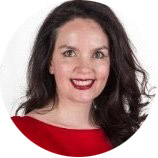
Rebecca is the Director of the Global Risks and Resilience programme at ODI Global. Rebecca leads a multi-disciplinary team of analysts to pioneer policy-driven research working on the nexus between new and emerging risks. She specialises in climate, political and geopolitical risk assessment to reduce vulnerability, build resilience and drive transformative and sustainable change.
Emily Workman, Programme Manager, Cowater
 Emily has 10 years of experience working in project management, project development and operations for a range of donor-funded projects, most recently in South Sudan with the International Organization for Migration (IOM) as a Field Coordinator on a large-scale World Bank-funded community resilience and local governance project. She has previously also worked on education, gender equality, social inclusion research and technology-related projects, based in Malawi and South Sudan.
Emily has 10 years of experience working in project management, project development and operations for a range of donor-funded projects, most recently in South Sudan with the International Organization for Migration (IOM) as a Field Coordinator on a large-scale World Bank-funded community resilience and local governance project. She has previously also worked on education, gender equality, social inclusion research and technology-related projects, based in Malawi and South Sudan.
Pauline Njiraini, Fund Manager, Cowater
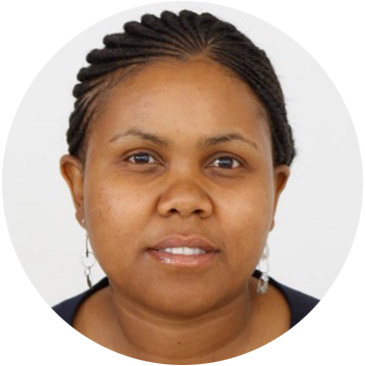
Pauline is a senior grants management specialist with more than a decade of experience leading and overseeing the implementation of the grants management cycle for various donor funded programmes. Before joining SPARC, Pauline was the Senior Grants Specialist for the Kenya Youth Employment and Skills Programme, a USAID funded initiative that aimed to improve employment opportunities for young people in Kenya.
Research team
Fiona Flintan, ILRI
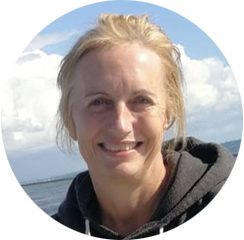
Fiona currently holds a position jointly funded by the International Livestock Research Institute (ILRI) and the International Land Coalition (ILC), leading the Rangelands Initiative for the International Land Coalition. In this position, she works with government stakeholders to enable policy for rangelands and pastoralism, as well as providing technical advice on rangelands initiatives in Asia, Africa, and Latin America. Her research explores building resilience and adaptation to environmental change; securing access to and sustainably utilising land and resources; and reducing human insecurities, vulnerabilities and inequities.
Simon Levine, ODI Global
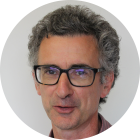
Simon specialises in livelihoods and vulnerability analysis, land rights, and in early response in humanitarian crises. Before joining ODI, he spent many years working for NGOs in Mozambique, Cambodia, Tanzania and Burundi, and as a consultant based in Uganda for nine years.
Sarah Opitz-Stapleton, ODI Global
 Sarah is a Research Associate in the Global Risks and Resilience programme at ODI Global. She has over 19 years’ experience working at the intersection of climate, security and development in fragile and conflict-affected settings, currently with a focus on the Horn of Africa and the Sahel. Under SPARC she is leading research and learning programmes around transboundary climate, mitigation and adaptation risks as well as the links between climate, fragility and conflict.
Sarah is a Research Associate in the Global Risks and Resilience programme at ODI Global. She has over 19 years’ experience working at the intersection of climate, security and development in fragile and conflict-affected settings, currently with a focus on the Horn of Africa and the Sahel. Under SPARC she is leading research and learning programmes around transboundary climate, mitigation and adaptation risks as well as the links between climate, fragility and conflict.
Milcah Asamba, Mercy Corps
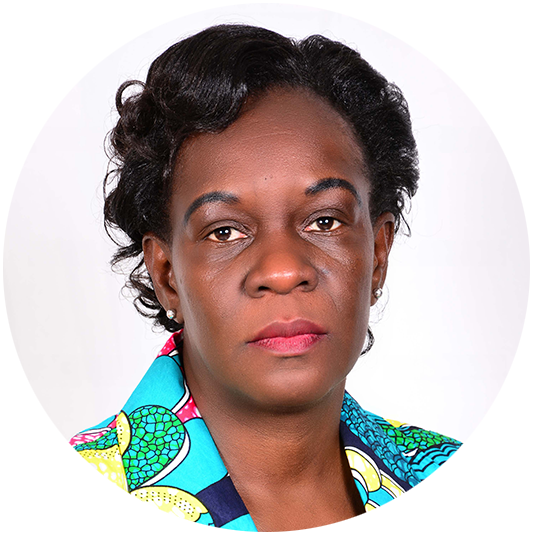 Milcah is SPARC’s innovations research manager. Coming from a market research background, with more than 15 years of experience in marketing and social research projects in East Africa, she is excited to be working with the innovation team and has a keen interest in the role of end-users in the innovation process. She is also passionate about research that focuses on livelihoods, gender, women empowerment, nutrition, and climate change.
Milcah is SPARC’s innovations research manager. Coming from a market research background, with more than 15 years of experience in marketing and social research projects in East Africa, she is excited to be working with the innovation team and has a keen interest in the role of end-users in the innovation process. She is also passionate about research that focuses on livelihoods, gender, women empowerment, nutrition, and climate change.
Steve Wiggins, ODI Global
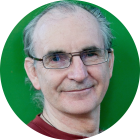
Steve has been researching agricultural and rural development in Africa and Latin America since 1972. His work focuses on rural markets - particularly for smallholders in Africa, the operation of rural labour markets, the rural non-farm economy and the application of market analysis to crises of food insecurity. His work has formed the basis for policy recommendations on pro- poor market development.
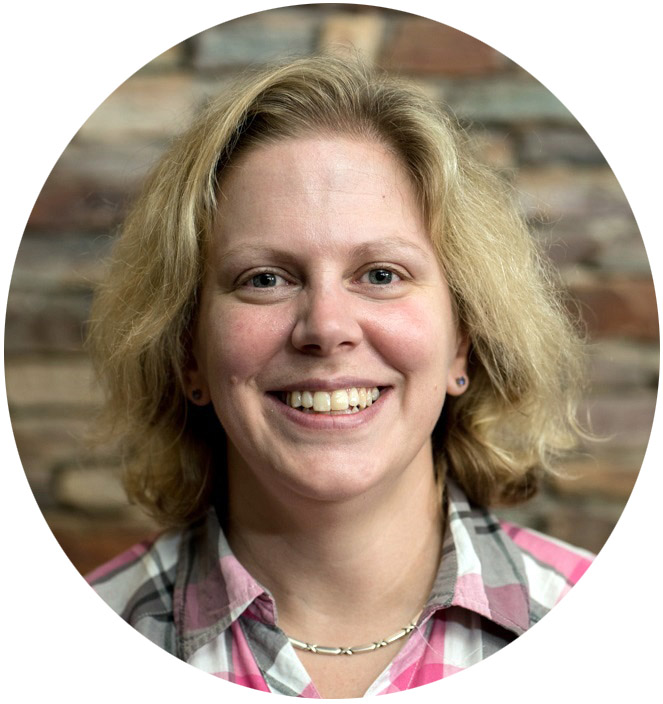
Katharine is a technical advisor for the International Development Research Centre (IDRC) gender projects. She is a climate change specialist with more than 20 years of experience working in gender analysis and research on vulnerability, adaptation, Disaster Risk Reduction (DRR), and climate services. Katharine is active in the academic environment, currently holding a visiting Associate Professorship at the University of the Witwatersrand, Johannesburg, and acting as an author for the Intergovernmental Panel on Climate Change (IPCC) Fourth and Fifth Assessment Reports and Special Report on Climate Change and Land.
Elizabeth Daley, GESI Advisor, Cowater
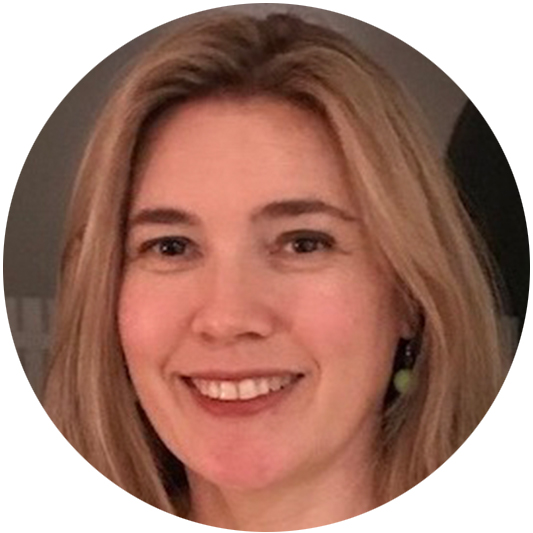
Elizabeth has worked as an independent consultant on gender equity and social inclusion (GESI) in relation to land and natural resources for over 20 years, including substantial work in pastoralist settings since 2015. Her experience covers legal and policy reviews, project and programme evaluations, design and implementation of training and capacity building programmes, technical advisory work, and rigorous academic and fieldwork research.